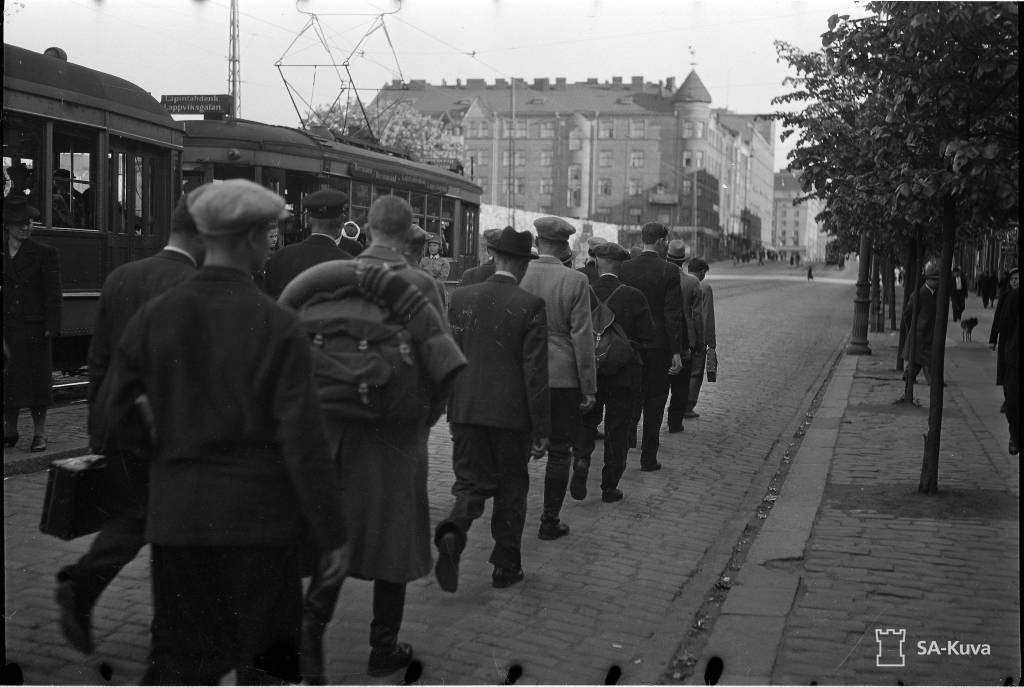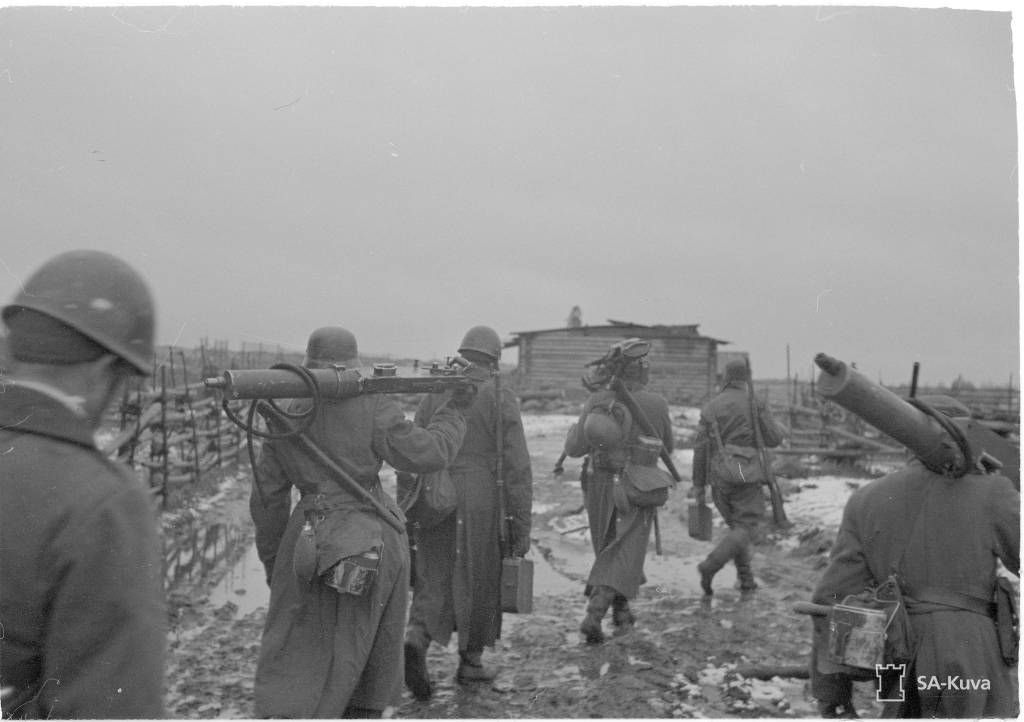
UnWar is based on the demographic “Finnish Army in World War II Database” (FA2W), which is a stratified random sample of c. 4,250 Finnish men from the age cohorts that the Finnish army mobilized during World War II. With over 60 variables connected with the soldiers’ socio-economic background, military service, war experiences, and health, the database is extraordinarily representative and detailed. We use methodological tools of historical demography, most importantly the life course approach, along with the emerging methodology of the history of experiences. By combining variables with other sources, we also develop a historical model for measuring individual stress burdens.
Impact
We expect the results of UnWar to reveal an uneven distribution of violence and stress in the Finnish army. We will demonstrate the dynamics of vulnerability and survival in a systematic and historically contextualized way not previously done in any earlier international research on world wars. UnWar and its follow-up research projects will be groundbreaking for the study of war’s longitudinal and transgenerational consequences. UnWar will offer historically informed and empirically tested knowledge to discuss the experiences, dynamics, and long-term effects of war-related violence, all highly relevant topics today. As we focus on male experiences of war-related violence, UnWar will participate in the ongoing public discussions of the relations between war, military service, and gender.
Funding and cooperation
“Unequal War” is funded by the Research Council of Finland in 2023–2027. We are grateful to the National Archives of Finland, whose help and support in gathering the “Finnish Army in World War II” database has been invaluable and has made the project possible, in the first place.
During the project, our researchers will visit the NIOD Institute for War, Holocaust and Genocide Studies in Amsterdam and the Max Planck Institute for Demographic Research in Rostock. We are also cooperating with the Radboud Group for Historical Demography and Family History at Radboud University in Nijmegen. UnWar was initiated at the Research Council of Finland Centre of Excellence in the History of Experiences (HEX), operating at Tampere University in 2018–2025. As a part of the project, we work together with the epigenetics researchers at the Faculty of Medicine and Health Technology, Tampere University, to study transgenerational effects of war stress. For this collaboration, please see https://projects.tuni.fi/unwar/trees/
Based on our research results, we are producing data visualizations exhibited at the Muisti Centre of War and Peace in Mikkeli, Finland.

